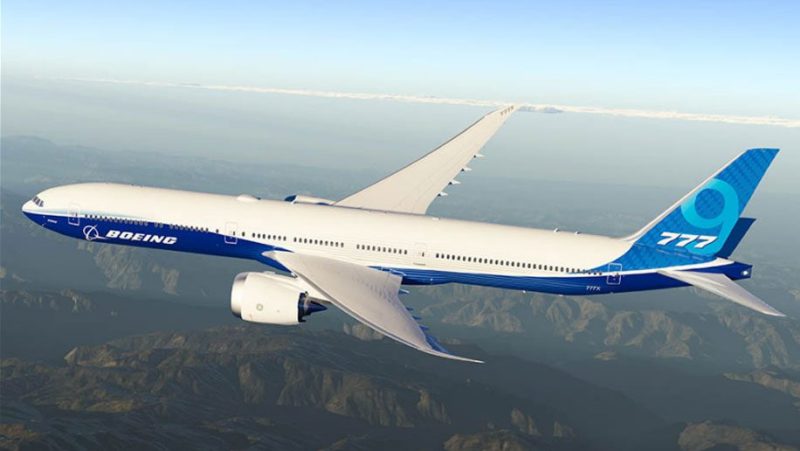Latest News

A Boeing 777 plane. Photo: Business Traveler
El Al Israel Airlines and Viasat expanded their relationship by adding the Boeing 777 widebody fleet to the mix of El Al aircraft with Viasat’s equipment for In-Flight Connectivity (IFC). In addition to the Boeing 777 fleet, Viasat equipment currently powers the connectivity experience across El Al’s Boeing 787 Dreamliner, Boeing 737-900 and part of Boeing 737-800 aircraft. El Al plans to have all widebody aircraft equipped with Viasat’s latest generation IFC solution and all narrow-body fleet equipped with Viasat’s In-Flight Entertainment and Connectivity (IFEC) offering. El Al expects to have the majority of its fleet connected with the Viasat service by the end of 2020.
“El Al takes great pride in being an innovative airline, and they continue to push the in-flight connectivity boundaries,” said Don Buchman, vice president and general manager, Commercial Aviation, Viasat. “El Al was first to launch Viasat’s fast IFC service in Europe and the Middle East; first to deploy high-speed internet on transatlantic flights using the advanced ViaSat-2 satellite; and are now the first airline to bring IFC to the Boeing 777 aircraft for global routes before the launch of our ViaSat-3 satellite constellation. Enabling high-speed, high-quality internet to their full fleet confirms their dedication to bring customers and crew fast, reliable connectivity service—no matter where they fly.”
Nimrod Borovitz, vice president, Strategy and Business Development at EL AL Israel Airlines Ltd. commented, “We have a vision to serve our passengers and crew members with high-speed, reliable, enriching experiences when flying to and from major global destinations. We’ve enjoyed a partnership with Viasat, and are excited to have all of our aircraft supported by ViaSat-3—as we believe this will help us realize our vision to make our fleet fully connected. Our ongoing in-flight Wi-Fi investments will enable over time the more than 5 million passengers we fly annually to enjoy the internet how it’s supposed to be: great, engaging and available.”
Get the latest Via Satellite news!
Subscribe Now